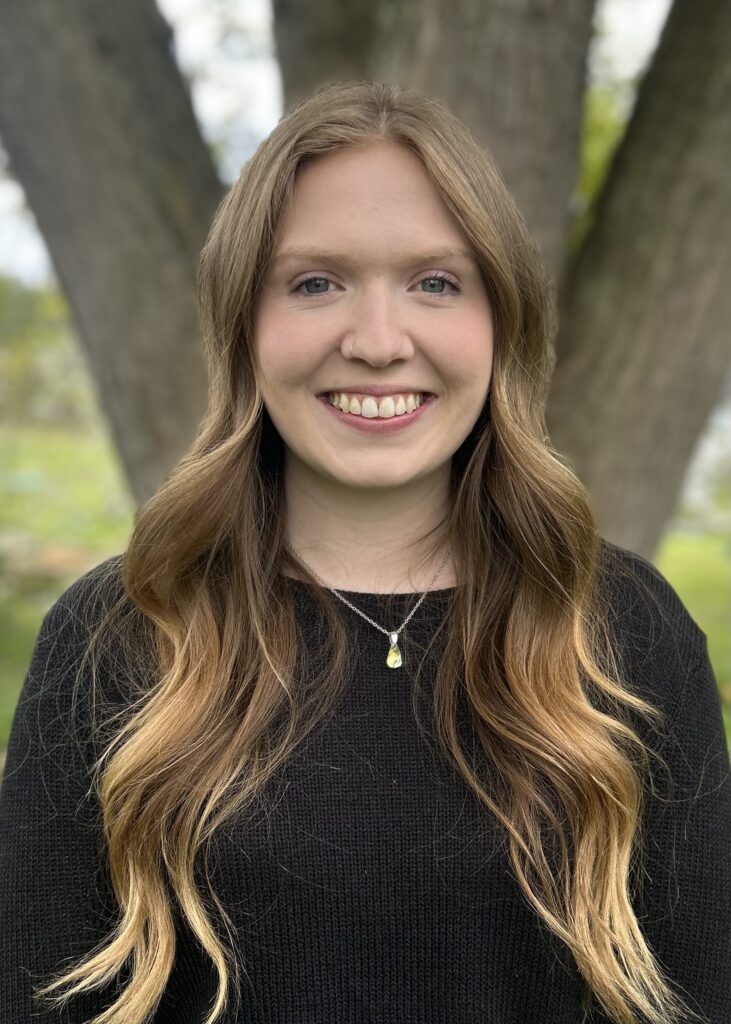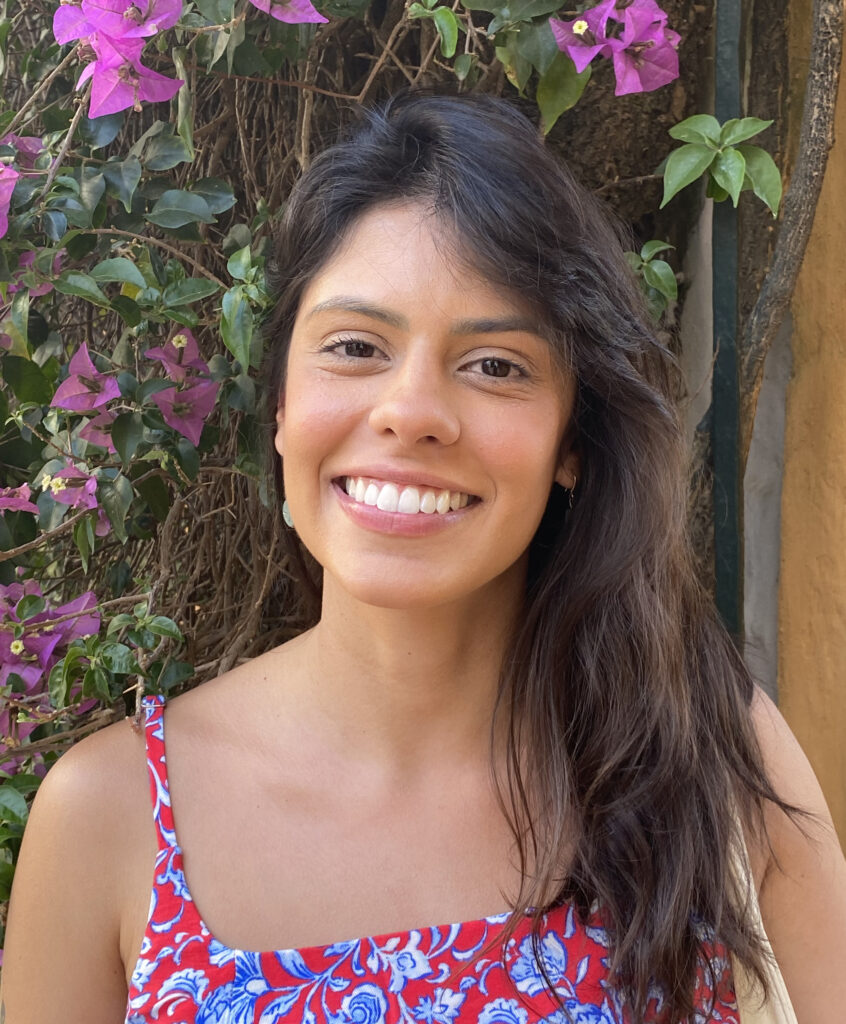Four PhD students from York University are recipients of this year’s prestigious Vanier Canada Graduate Scholarships. The award, presented by the Government of Canada, supports first-rate doctoral students who undertake graduate studies in the fields of social sciences and humanities, natural sciences and/or engineering, and health. The aim of the program is to attract and retain world-class doctoral students by supporting those who demonstrate both leadership skills and a high standard of scholarly achievement in graduate studies.
Candidates are evaluated based on three equally weighted selection criteria: academic excellence, research potential and leadership. All four York University recipients will be awarded $50,000 annually for up to three years to support their research projects.
Through their research projects, this year’s recipients have proposed innovative solutions to challenging problems, which can lead to positive change locally, globally and beyond.
Grace Bischof, physics and astronomy

Bischof’s research project, titled “Characterizing Inter-Crater Dust Dynamics in Gale Crater, Mars in Preparation of Human Exploration,” looks at the importance of understanding the dust cycle on Mars as crucial for the future of human-led missions, where dust storms pose a distinct threat to humans on the Martian surface. The opacity of dust in the Martian atmosphere has been studied for several years using images taken in Gale crater by the Curiosity rover; however, these images are severely limited in time and space. Bischof’s work uses a newly designed Curiosity rover observation that captures a larger area of the crater and can be employed throughout a Martian day.
“Capturing these data throughout dust storms will give additional insight into the dust lifting and deposition occurring, shining light onto these elusive storms,” says Bischof. “This work will help us to understand how dust transports in the atmosphere both spatially and temporally, allowing us to better predict atmospheric phenomena and ensure human-led missions are accomplished safely.”
Roberta da Silva Medina, socio-legal studies

Da Silva Medina’s research project, titled “Vertical Surveillance: Urban Police Use of Drone Technology in Brazil and Canada,” delves into police surveillance practices in urban settings, focusing on Greater São Paulo in Brazil and the Greater Toronto Area in Canada. Despite the differences in police cultures and institutional landscapes, both regions have integrated military-originated drone technology for urban surveillance. In Brazil, where police forces are militarized, and in Canada, where they are not, this technology has found its place in law enforcement practices.
“I aim to explore the rationale and processes behind this adoption, drawing upon surveillance studies, Brazilian critical theory and critical race theory,” says da Silva Medina. “My research methods involve collecting data, participatory observation police-surveillance industry events, and engaging with police departments and civil liberties advocates in both regions through interviews.”
Joshua Lamers, law

Lamers (he/they) is a Black, queer, gender non-conforming, disabled, mad, child welfare survivor and family policing abolitionist. Lamers is a poet, dancer, writer, and educator in the areas of law and social work, centring the intersections of Blackness, disability and madness, child welfare survivorship, queerness and transness.
Their doctoral autoethnographic research, titled “The Golden Ticket? Black Child Welfare Survivors, Racial Displacement Through Adoption & the End of Family Policing Systems,” focuses on the question of whether the experiences and outcomes of the legal adoption of Black children into white families reflect the paramount purpose of the Child, Youth and Family Services Act, 2017, with respect to promoting child’s the best interests, protection and well-being.
“It is my hope that with this research we can collectively trouble the notion that the legal adoption of Black children into white families is necessarily a form of exit from the violences of state child protection systems and a ‘golden-ticket’ toward protection and the nurturance of well-being,” says Lamers.
Romeo Joe Quintero, geography

Quintero’s doctoral project, titled “Building Liveable Futures in Camps: Everyday Placemaking Practices of Internally Displaced Women in the Southern Philippines,” will examine the experiences of those living in resettlement and transitory sites for internally displaced persons (IDPs) in the areas of the southern Philippines affected by armed conflicts. He will travel to the southern Philippines in the summer of this year to conduct 12 months of ethnographic research to understand how IDPs construct their livelihoods, homes and sense of belonging through collective action.
“My work will draw critical connections with broader ideas of carceral and abolition geographies to offer capacious understanding of resettlement sites as more than just spaces of confinement and control but also places of rebuilding and reimagining,” says Quintero.
To learn more about the Vanier Canada Graduate Scholarships, visit the Faculty of Graduate Studies website.


